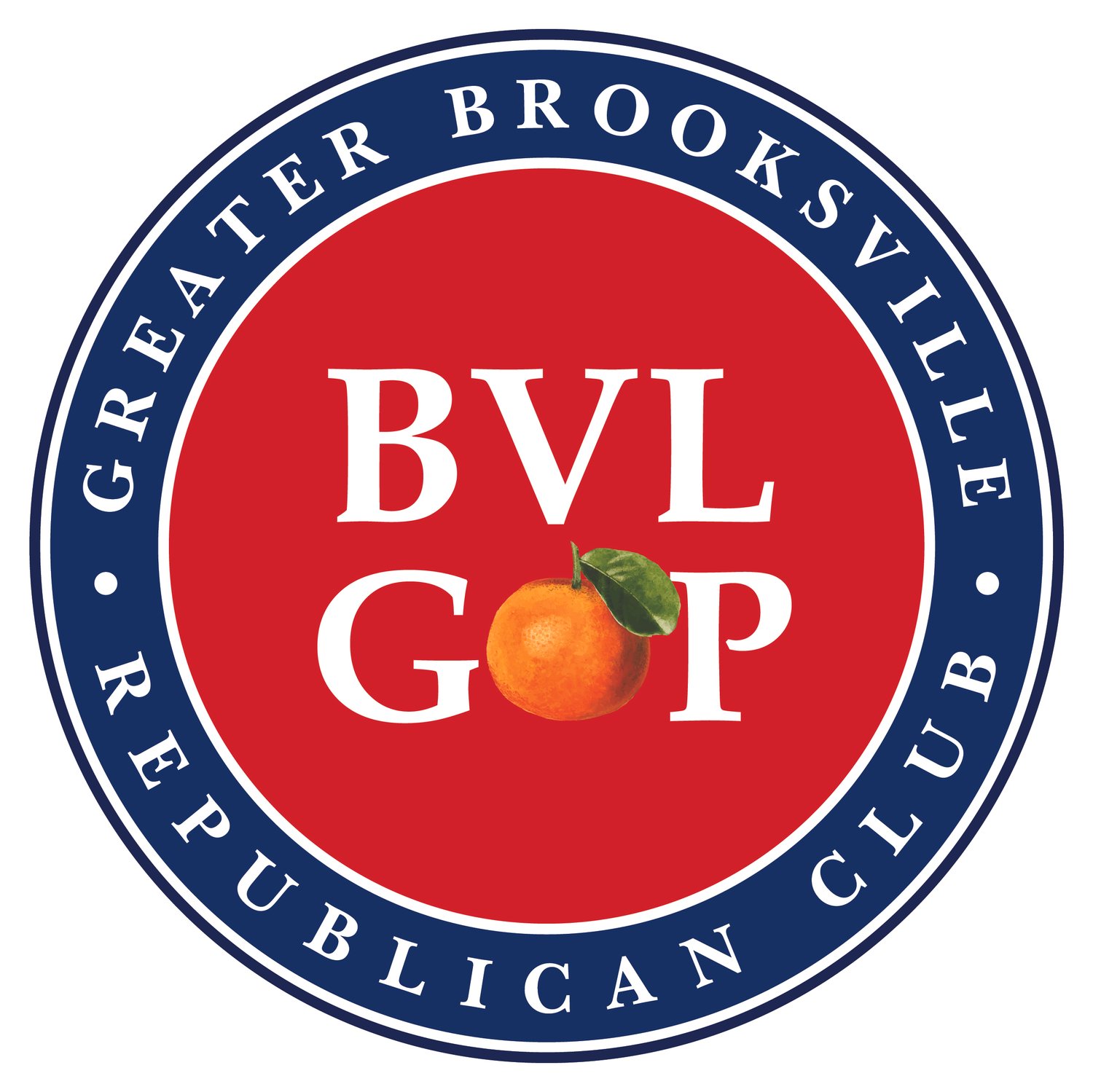Jamestown, Equity and Mortgage Redistribution
What do Jamestown, Equity, and the Biden administration’s “mortgage redistribution plan” have in common?
“Effective May 1st, under new rules from the Federal Housing Finance Agency (FHFA), borrowers with lower credit ratings and less money for a down payment will qualify for better mortgage rates than they otherwise would have, while those with higher ratings will pay increased fees.
According to a recent analysis from Bankrate, someone with a "below average" credit score of 640 seeking a $350,000 mortgage with 20% down paid $10,500 in fees before the new regulations. They will now pay $7,875. Someone with a 740 credit score exploring the same deal paid $1,750 in fees before the FHFA’s new rules, but now is expected to pay more at $3,062.”
In this latest bid to ensure equity to the favored rather than equality of outcome for all, the “Adults in the Room” have decided to NOT give credit where credit is due.
You see, some people are having trouble securing home loans. So, “something has to be done” to “help” them because they are being priced out of home ownership unfairly due to high interest rates (let’s not dig into the cause of the high interest rates — “modern monetary policy” — which is a nice term for the decades long elites’ wink-and-nod theft of the American people by printing money).
But I digress…
In a typical collectivist knee jerk, the Biden administration’s plan to make home ownership more equitable is to make hard-working, play-by-the-rules folks pay more than their fair share. Sadly, I predict that not only will such Americans subsidize less-deserving borrowers’ mortgages, but we will likely also pick up the tab when, as has happened before, more people default on mortgages that they simply cannot afford.
You remember 2007 and the subprime mortgage crisis, don’t you? Here’s a recap: Clinton era revisions to the Community Reinvestment Act put added pressure on banks to lend in low-income neighborhoods. To comply with the lending goals of the CRA, Business and Government responded with banking deregulation. The deregulation led to subprime mortgages so more people could live the American dream, which then turned into a nightmare for everyone.
Did we learn nothing from 2007 and where does Jamestown fit in?
Well, we are supposed to learn from history. The Jamestown colony (founded right about this time some 416 years ago) was the first English colony established in North America. Jamestown came perilously close to complete failure due to famine, understandably hostile Native Americans, and disease. What saved it? Many historians agree that it was private property that saved the Jamestown colony.
The first colonists were indentured servants; the colony operated in large part as an equitable, collectivist endeavor. As such, the product of the colonists’ labor was communal and productivity scant. As David Boaz wrote in his Cato Institute May 14th, 2007 commentary “Private Property Saved Jamestown, And With It, America”
“…Understandably, men who don’t benefit from their hard work tend not to work very hard.”
Thomas Dale, Governor of Jamestown after “the starving" period, is credited with recognizing that what the colony most needed to thrive was a more motivated populace. His solution was to grant equality of opportunity to each colonist by way of three acres of land, the product of which was by his making and wholly owned by him to do with as he pleased. Each colonist was the master of his destiny, a truly free and empowered person, accountable for his action or inaction. The level playing field was set and productivity and invention soared, benefiting all.
Boaz continues in his piece,
“As the American Revolutionary Arthur Lee, great‐grandson of a Jamestown colonist, wrote, “The right of property is the guardian of every other right, and to deprive a people of this, is in fact to deprive them of their liberty.” Property is essential to making the government dependent on the people, not vice versa. It divides power, limits government, and protects freedom. No country has ever enjoyed freedom of the press, freedom of religion, or political liberty without secure property rights.”
One’s credit score is private property. It is something earned. Achieving an excellent credit score is difficult and has currency. The mortgage redistribution plan by the Biden administration rewards the mediocre at the expense of the productive. It is inherently and blatantly unfair. It is theft in fact. History teaches us that civilizations penalize the productive at their peril.
Equity is inherently unfair and disempowering. How many more chinks in the armor of Americans who live the ideals of the patriot past can be sustained?
Time will tell.
This post reprinted with permission from The Reluctant Californian’s Substack.

